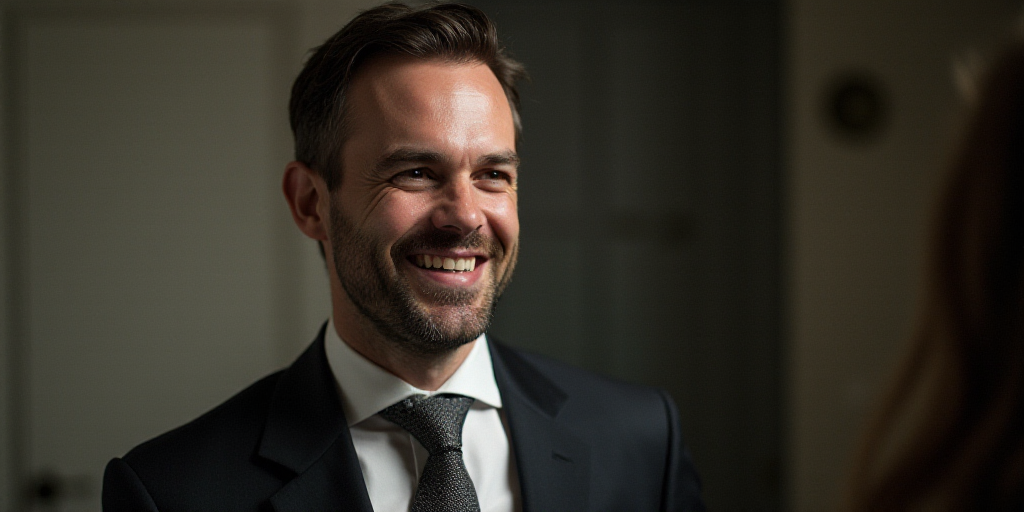Introduction
Recently, certain public officials or influential figures have made serious and concerning statements against freedom of expression, threatening dissenters, critics of their public activities, belittling those who expose ill-gotten wealth, or simply trampling on those who point out errors, missteps, or inconsistencies from positions of power.
The Role of Freedom of Expression in Democracy
Freedom of expression plays a structural role in democracy, enabling scrutiny and criticism of those who wield power or influence the public sphere. Constitutional courts and supreme courts have established standards that expand the tolerance margin for public officials and figures when it comes to harsh, even offensive or hurtful expressions on matters of public interest.
These judicial standards do not protect gratuitous insults but safeguard vigorous debate necessary for citizens to control power.
Mexico’s Approach
In Mexico, the Supreme Court of Justice of the Nation (SCJN) has established two key principles:
- The protection of public servants’ honor and reputation is limited by the superior interest of democratic deliberation. Public figures must tolerate a higher threshold of scrutiny, even after leaving office, as their actions remain relevant to civic oversight.
- The doctrine of “real malicia” has been incorporated in civil responsibility for moral damage cases when the claimant is a public figure and the discourse pertains to public matters. Under this standard, proving inaccuracy is insufficient; it must be demonstrated that the sender knowingly disseminated falsehoods or acted with reckless disregard for the truth. This prevents the “chilling” of debate due to fear of intimidating lawsuits.
Relevance in Other Regions
In Latin America, the United States, and Europe, relevant criteria have been adopted, such as distinguishing between facts and value judgments and applying “real malicia” to defamation actions initiated by public officials or figures.
These regions emphasize that political debate can tolerate high levels of exaggeration and provocation, as truth cannot be proven for value judgments. Public figures, due to their roles, are subjected to more severe scrutiny and must exhibit greater tolerance for criticism.
Penal convictions for defamation against journalists for critical opinions about public officials are deemed contrary to freedom of expression.
Key Principles for Protecting Freedom of Expression
Three key principles converge:
- Greater tolerance for public figures;
- Differentiated protection of facts and value judgments;
- Requirement of “real malicia” to sanction expressions on public matters.
These principles do not permit malicious defamation; they strongly protect the core of civic debate while keeping avenues for redress open when proven falsehoods are disseminated knowingly or with reckless indifference.
The practical outcome is clear: public officials and influential figures cannot use civil or criminal law to suppress uncomfortable criticism.
Importance in Polarized and Network-Mediated Democracies
In today’s polarized and network-mediated democracies, upholding these standards is crucial. Relaxing the “real malicia” proof, confusing facts and opinions, or treating public figures as ordinary individuals weakens the public square and empowers opaque power.
Now more than ever, we must reinforce the understanding of freedom of expression and its legal implications. This is why I celebrate the Mexican Communication Academy and the Pan American University’s initiative to publish a book titled “Freedom of Expression: A Legal Perspective,” which delves deeply into this invaluable freedom that seems under threat in certain places.
About the Author
*The author is dean of the School of Governance and Economics at the Pan American University.






